2015 by the Board of Trustees
of the University of Illinois
All rights reserved
Manufactured in the United States of America
C 5 4 3 2 1

This book is printed on acid-free paper.
Library of Congress Cataloging-in-Publication Data
Meyer, Sabine N., 1979
We are what we drink : the temperance battle in Minnesota / Sabine N. Meyer.
pages cm
Includes bibliographical references and index.
ISBN 978-0-252-03935-5 (hardback)
ISBN 978-0-252-09740-9 (e-book)
1. TemperanceMinnesotaHistory19th century. 2. TemperanceMinnesotaHistory20th century. 3. Woman's Temperance Crusade, 1873-1874. 4. Women social reformersMinnesotaHistory. 5. Women immigrantsPolitical activityMinnesotaHistory. 6. Woman's Christian Temperance Union of MinnesotaHistory.
I. Title.
HV5235.M6M49 2015
178'.10977657909034dc23 2014046096
Acknowledgments
The seeds of this book were sown in Minnesota in 2002, when Rudolph J. Vecoli, then director of the University of Minnesota's Immigration History Research Center, encouraged me to pursue what was initially not more than a tangle of ideas. Until his death in 2008, Rudy provided me with constant intellectual support and tons of good food and wine. I wish he could read the finished version of the research that began under his able guidance many years ago.
My greatest debt is to my mentor, Alfred Hornung. Without his expert advice, long-term support, unflinching encouragement, and mentorship I would not be where I am today, and this book would not exist.
I am also deeply indebted to other academic teachers and numerous colleagues. Through his enthusiasm and ample knowledge, Winfried Herget sparked my love for the field of American Studies. His intellectual contributions to my research as well as his farsighted advice on the publication of this book have meant very much to me. Helmut Schmahl was the first to introduce me to the history of American immigration and thus laid significant intellectual foundations for this book. For thoughtful comments on portions of this manuscript circulated in draft or presented in various forms, I would like to thank Lizabeth Cohen, Donna Gabaccia, Kate Moran, Dirk Bonker, Mary Lethert Wingerd, Manfred Siebald, Nicole Waller, Melissa Weiner, Jatin Wagle, Eric Erbacher, as well as the anonymous reviewers. I am deeply indebted to Paul Spickard, whose penetrating questions and constructive feedback have contributed to the genesis and publication of this book. I have also greatly profited from workingand occasionally consuming the products from the Land of Amber Waterswith Doug Hoverson, one of the few people as enthusiastic about everything connected with the history of alcohol in the United States as I am. He has supported my project in ever so many ways, commenting on the manuscript, passing along relevant information and archival material, and sharing illustrations from his own book. Finally, I would like to thank Peter Schneck for granting me the time it took to get this book published and for having been a great source of strength, support, and expertise throughout the publication process.
My research would not have been possible without the financial support of several sponsors. I would like to thank the German Academic Exchange Service (DAAD) for financing my academic year as a graduate student at the University of Minnesota, Twin Cities. The most significant financial support for my project has come from the Cusanuswerk, which supported me with scholarships throughout my undergraduate and graduate study and during the PhD phase. In addition, the state of Rhineland-Palatinate generously contributed to my research. Finally, my participation in the Bucerius Seminar, sponsored by the Zeit Foundation, the German Historical Institute in Washington D.C., and the University of Chicago, allowed me to acquaint myself with the American archival landscape and to introduce my work to renowned scholars, such as Paul S. Boyer and Kathleen Neils Conzen, whose critical comments and advice proved immensely helpful in the shaping of this project.
Among the many librarians and archivists who have assisted my research, I am particularly indebted to the competent staff of the Minnesota Historical Society, who have not only supported me in ever so many ways but who have also made me a member of their team during my extensive research stays. From the staff members at the Minnesota Historical Society, I would like to single out Debbie Miller, whose enthusiasm about Minnesota history and whose immense knowledge about the collections were invaluable to me and my work; Nick Duncan, who invested large amounts of time to provide me with additional archival material across the Atlantic and the high-resolution reproductions of the newspaper cartoons in my book and who introduced me to the art of Juicy Lucies; Jennifer Huebscher, who took care of permission issues as efficiently and generously as one could imagine; and Val Brown, who always made me feel at home and took care that I ate, drank, and rested enough while digging through dusty collections.
Creating this book would have been impossible without the help of an efficient, competent, and enthusiastic acquisitions editor. I have been privileged to work with Dawn Durante of the University of Illinois Press, who guided the manuscript securely and expertly all the way to productionall the while being extremely professional, cordial, and highly enthusiastic.
My friends have supported and enriched me while working on this project. Writing this book would have been impossible without the deep affection I have developed for Minnesota and the Twin Cities ever since my first stay there in 2001. Without my American friends Janna Ibis, Luke Ibis, Jenny Zahn, Laura Vitko, Adam Burgstede, Mia Burgstede, Lisa Steidl, Doug Hoverson, Sharon Day, Mike Galegher, Carrie Jastram, Lili Korbuly-Johnson, Allie Long, Nick Duncan, Mary Chilvers, Julie Krueger, Karl Krueger, and Grandma Ruth, Minnesota never would have become the home for me that it is, and my research trips would have been only half as much fun. This book expresses my deeply felt gratitude to all of you and to the enthusiasm with which you have always welcomed, hosted, and sustained me. My German friends, Katrin Klonau, Manfred Tamm, Claudia Lieb, Kati Keuper, Britta Padberg-Schmitt, Christina Meyer, Lara Friese, Annette Steffers, and Annika Merk, have also been a constant and indispensable source of support for me throughout the research for and the publication process of this book.
This book would have been impossible without the bottomless moral, emotional, and material backing of my mother, Claudia Meyer. She has supported me in all my endeavors, which took me to faraway places and onto difficult professional terrain. Her caring love, sustaining faith, and unswerving loyalty mean more to me than I can express. My father, Alois Peter Meyer, was the actual source of inspiration for my later work. Eager to accumulate knowledge, enthusiastic about history, and a great lover of books and newspapers, he passed on his probing mind and intellectual passions to his daughter, who had the chance to pursue the academic career he would have wished for as a young man.



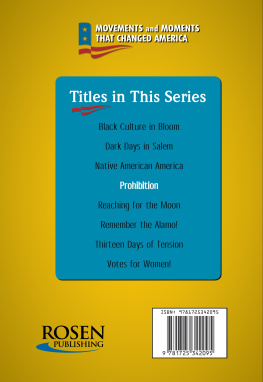
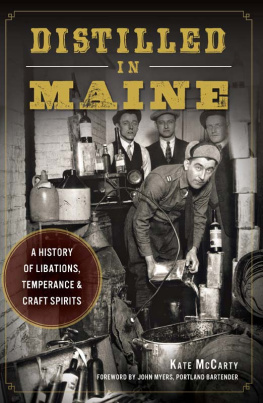
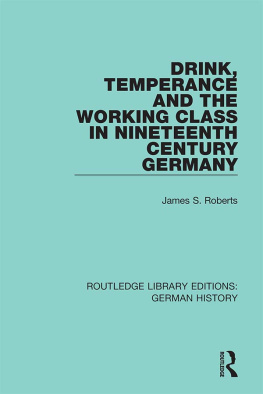
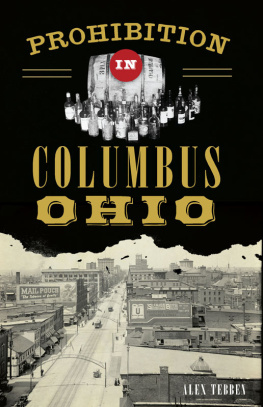
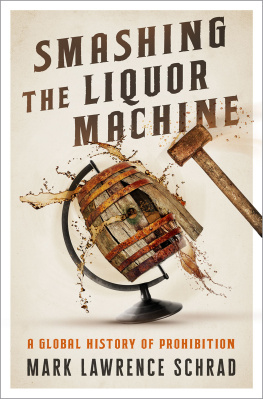
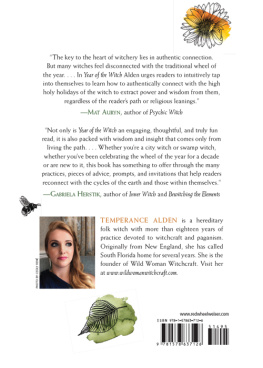


 This book is printed on acid-free paper.
This book is printed on acid-free paper.